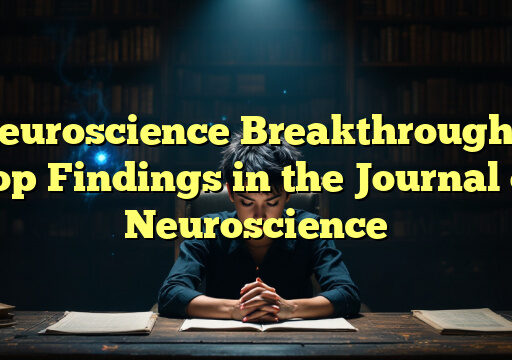Genius brains have long been a source of fascination and wonder. What is it that sets them apart from the rest of us mere mortals? How do they achieve such extraordinary feats of intellect and creativity? In this article, we delve into the science behind genius brains to uncover the secrets of their exceptional abilities.
Understanding Genius Brains
Genius brains are characterized by their exceptional cognitive abilities, including high levels of intelligence, creativity, and problem-solving skills. These individuals often possess a unique combination of traits that allow them to excel in their chosen fields, whether it be in art, science, mathematics, or music.
One key aspect of genius brains is their heightened neural connectivity. Studies have shown that genius brains have more extensive and efficient neural networks, allowing for faster processing and integration of information. This enhanced connectivity enables them to make novel connections between disparate ideas and come up with innovative solutions to complex problems.
Neurotransmitters and Genius Brains
Neurotransmitters play a crucial role in the functioning of genius brains. These chemical messengers facilitate communication between neurons in the brain, allowing for the transmission of signals that govern various cognitive processes. Genius brains are often characterized by higher levels of neurotransmitters such as dopamine, which is associated with motivation, reward, and creativity.
Additionally, genius brains are able to regulate their neurotransmitter levels more effectively, leading to enhanced cognitive performance and a greater capacity for learning and memory. This ability to modulate neurotransmitter levels may contribute to the exceptional cognitive abilities observed in genius individuals.
Brain Structure and Genius Brains
The structure of the brain also plays a significant role in the functioning of genius brains. Studies have shown that genius brains often exhibit differences in brain morphology, including increased gray matter volume in regions associated with cognitive functions such as memory, attention, and problem-solving.
Furthermore, the connectivity between different brain regions is more robust in genius brains, enabling more efficient communication and integration of information. These structural differences may contribute to the exceptional cognitive abilities observed in genius individuals.
Conclusion
In conclusion, genius brains are characterized by their exceptional cognitive abilities, including high levels of intelligence, creativity, and problem-solving skills. These individuals possess unique traits such as heightened neural connectivity, elevated neurotransmitter levels, and distinct brain structure that enable them to excel in their chosen fields.
By unraveling the science behind genius brains, we gain valuable insights into the factors that contribute to their exceptional abilities. Further research in this area may lead to breakthroughs in understanding and enhancing cognitive performance in all individuals.
FAQs
What makes genius brains different from regular brains?
Genius brains are characterized by their exceptional cognitive abilities, including high levels of intelligence, creativity, and problem-solving skills. These individuals often possess a unique combination of traits that allow them to excel in their chosen fields.
Can anyone develop a genius brain?
While genetics may play a role in determining cognitive abilities, environmental factors such as education, nutrition, and mental stimulation also play a significant role in brain development. With dedication, hard work, and the right resources, anyone can cultivate their cognitive abilities and strive for excellence.
Is there a correlation between genius brains and mental health issues?
Some studies have suggested a link between genius brains and mental health issues such as depression, anxiety, and bipolar disorder. However, more research is needed to fully understand the relationship between cognitive abilities and mental health.
Unlock Your Mental Potential




